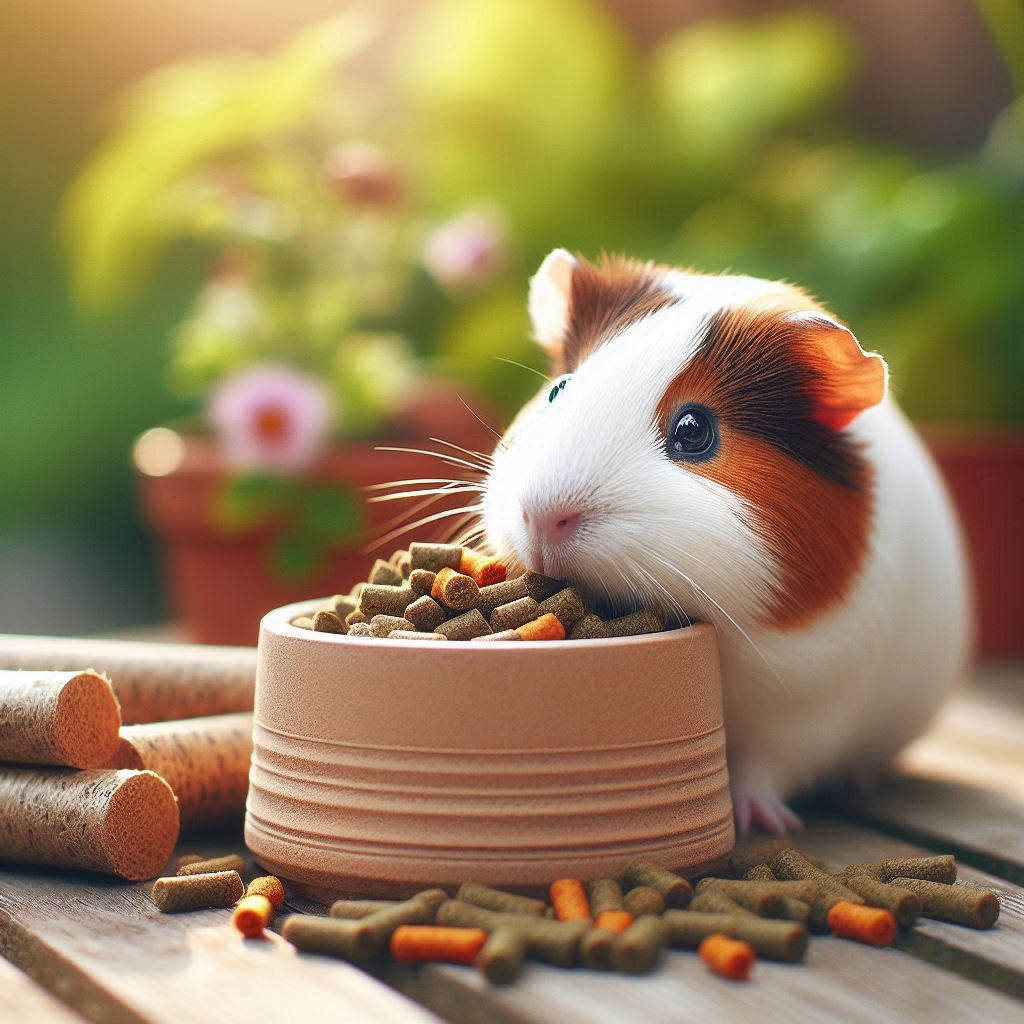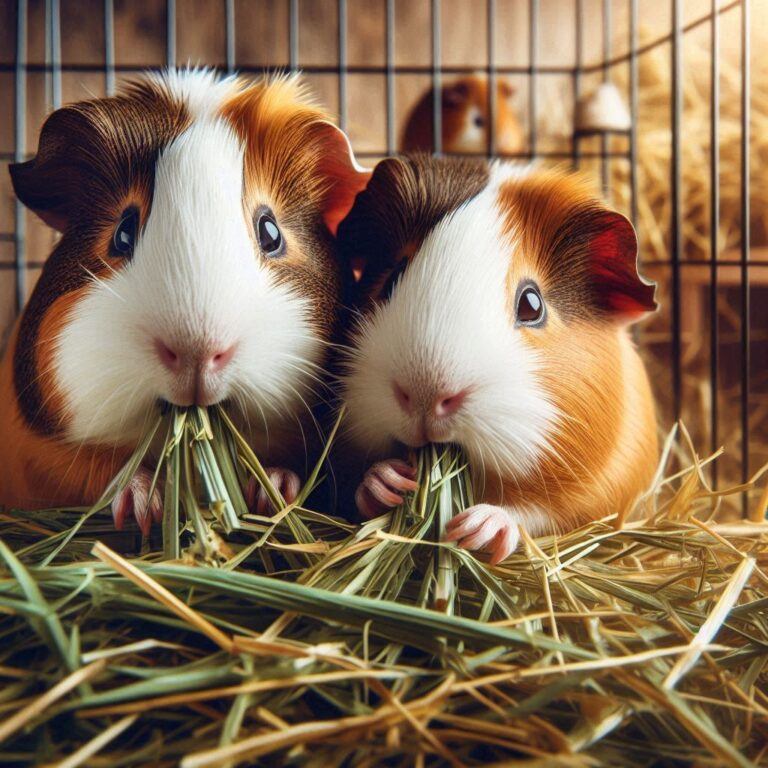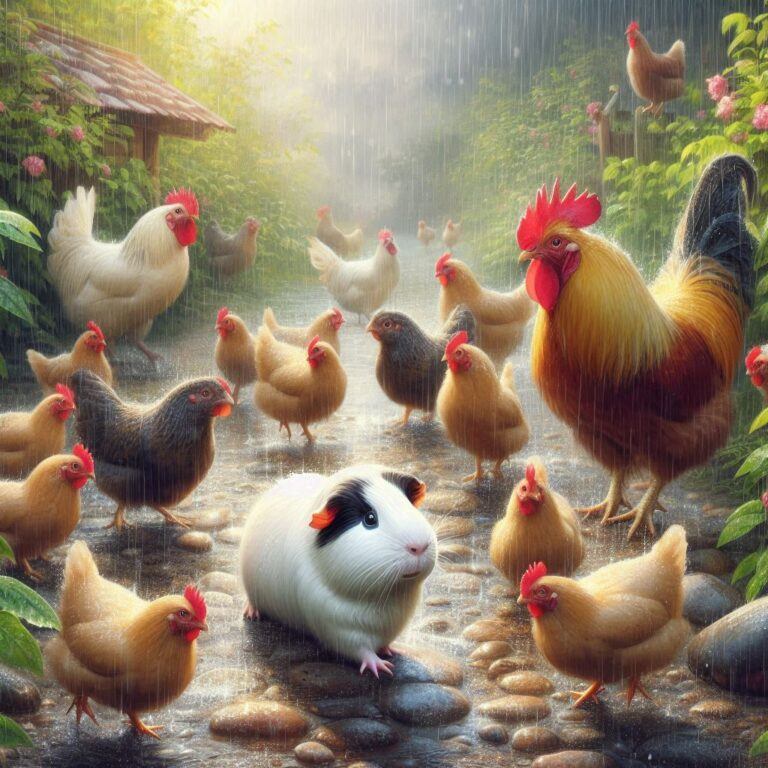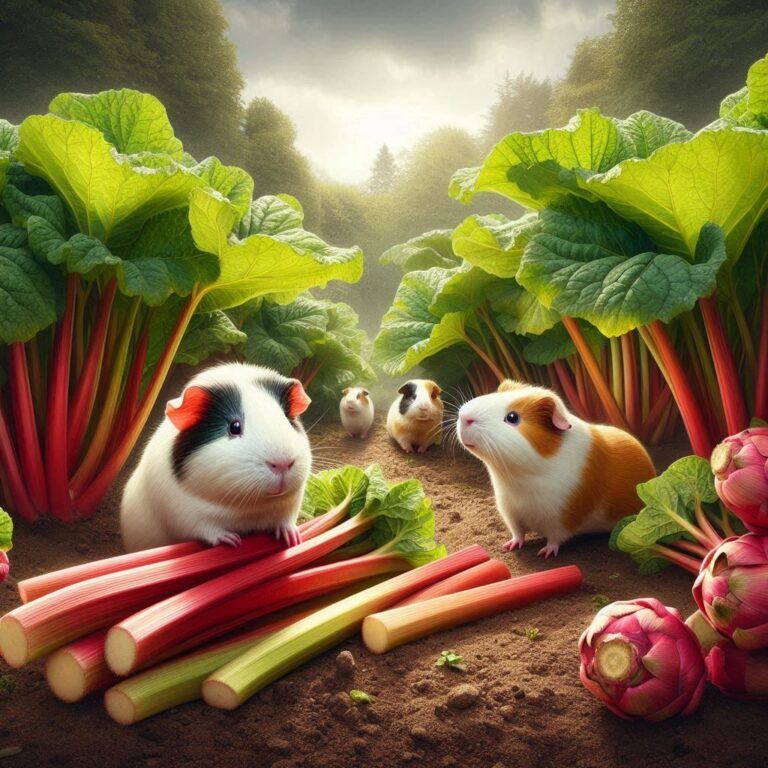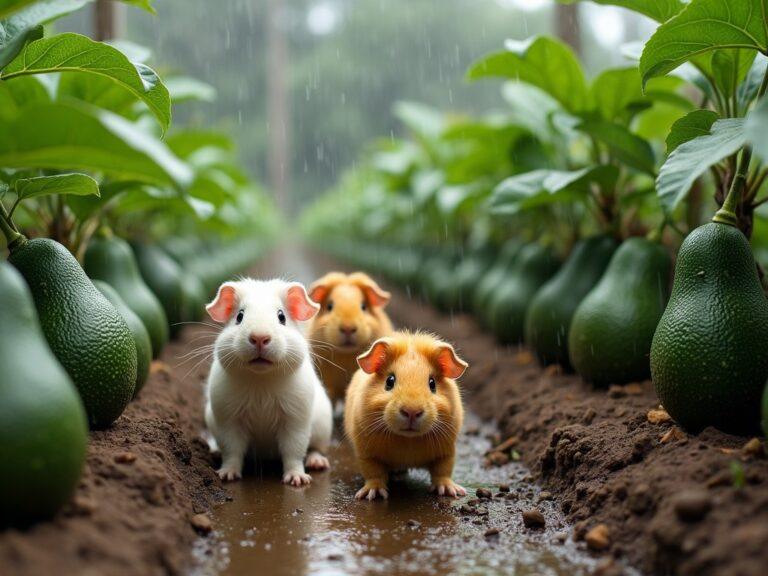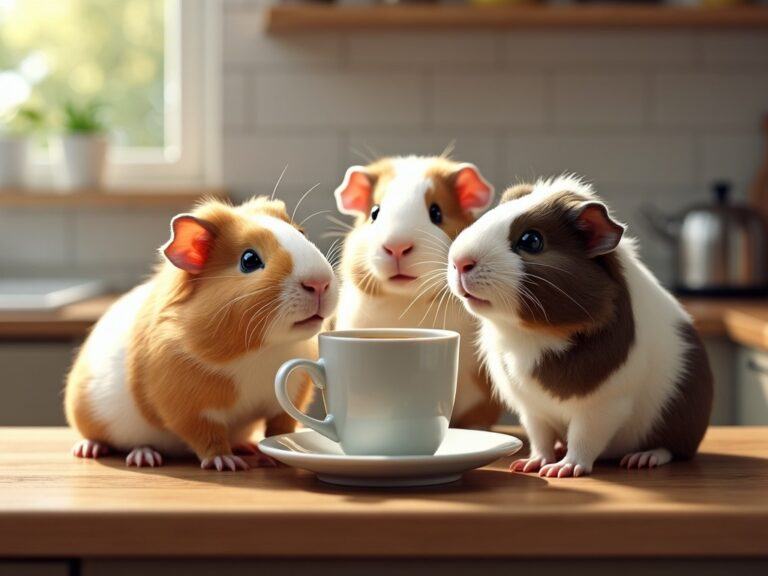Can Guinea Pigs Safely Eat High Quality Pellets
Can guinea pigs safely eat high-quality pellets? DEFINITELY. High-quality pellets are an essential component of a guinea pig’s diet. While these furry friends thrive on a menu of fresh vegetables and hay, pellets are specially crafted to fill any nutritional gaps. This is particularly vital for giving them a stable source of Vitamin C, which they can’t produce on their own.
Guinea pigs require a balanced mix of nutrients, including fiber, vitamins, and minerals, to stay healthy.
Pellets come in as a convenient, all-encompassing form that ensures they get everything they need.
It’s crucial, however, not to over-rely on pellets. They should complement, not replace, the abundant fresh hay and veggies that guinea pigs need for optimal digestion and dental health.
Pellets are not one-size-fits-all. Quality matters. Look for options that are fortified with Vitamin C to prevent conditions like scurvy, which can be a serious health concern for these little creatures.
The right proportion usually revolves around a small cup of pellets daily for the average adult guinea pig, though this may vary based on their size, weight, and specific health needs.
Choosing the Right Pellets for Your Guinea Pig
High-quality pellets are a foundational component of your guinea pig’s diet. But what exactly makes pellets ‘high-quality’? The answer lies in composition.
Ideally, these pellets should be nutritionally balanced, providing your guinea pig with the essential nutrients it needs to thrive.
When shopping for pellets, I always look for those that are timothy hay-based, as this ingredient supports optimal digestive health.
Key ingredients you should look for include adequate levels of fiber, necessary for digestive health; vitamin C, crucial since guinea pigs cannot produce it on their own; and a balanced ratio of other vitamins and minerals.
It’s important to check the product label for the list of ingredients and nutritional analysis to ensure these needs are met.
Conversely, some things are better left out of your pet’s pellets. Avoid products with added sugars, artificial colors, or preservatives.
High-calcium content should also be skipped to prevent bladder stones, a common health issue in guinea pigs. Remember, a simple ingredient list often indicates a healthier product.
When it comes to introducing your guinea pig to a new pellet formula, it’s best to transition slowly to prevent digestive upset.
Mix the new pellets with the old ones and gradually increase the proportion of new pellets over 7-10 days.
Monitoring your pet’s reaction to the new diet is crucial for picking up any health changes early.
Common Misconceptions
When it comes to feeding our furry friends, it’s surprisingly easy to get things wrong. Conventional wisdom often suggests that guinea pigs can thrive on a pellet-only diet, but this is a myth that needs busting.
While pellets are crucial, they’re just one piece of the dietary puzzle.
I recommend thinking of pellets as a supplement to your guinea pig’s diet, not the sole component.
Hay should make up the majority of their intake, providing essential fiber for digestive health, while fresh veggies supply other vital nutrients and variety.
As for pellet portions, less is often more. A guideline to follow is about 1/8 cup of pellets daily per guinea pig, adjusted according to individual needs which can vary based on size, weight, and activity level.
Overfeeding pellets can lead to obesity and other health issues, so it’s important to measure portions accurately.
Another tip is to be consistent with the timing of pellet meals. Maintaining a regular feeding schedule helps with digestive regularity and can prevent overeating.
Finally, remember that each guinea pig is unique and may require tailored nutritional advice. If you’re ever unsure about the appropriate diet, it’s always wise to seek guidance from a veterinarian with expertise in exotic animals.
They can provide specialized advice to keep your guinea pig healthy and happy.

